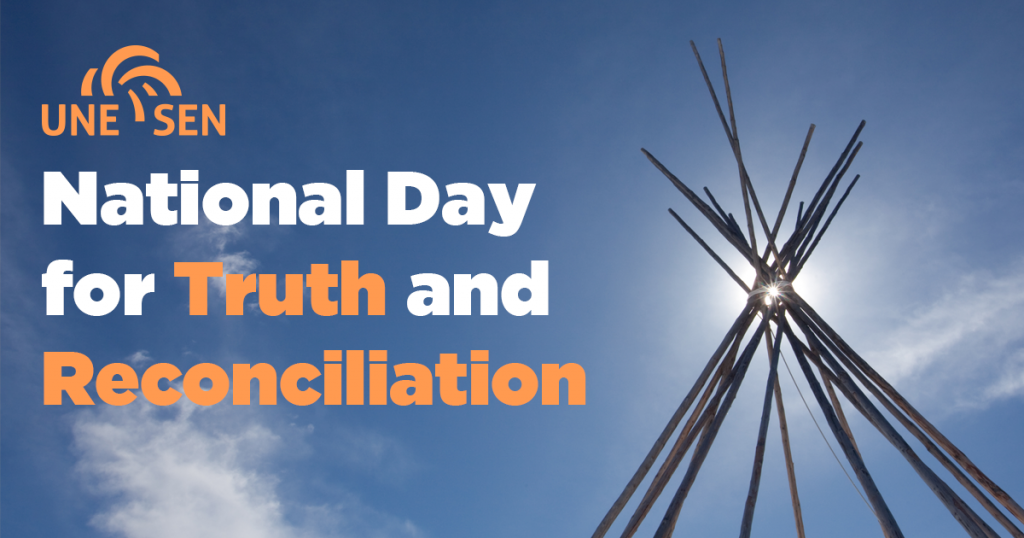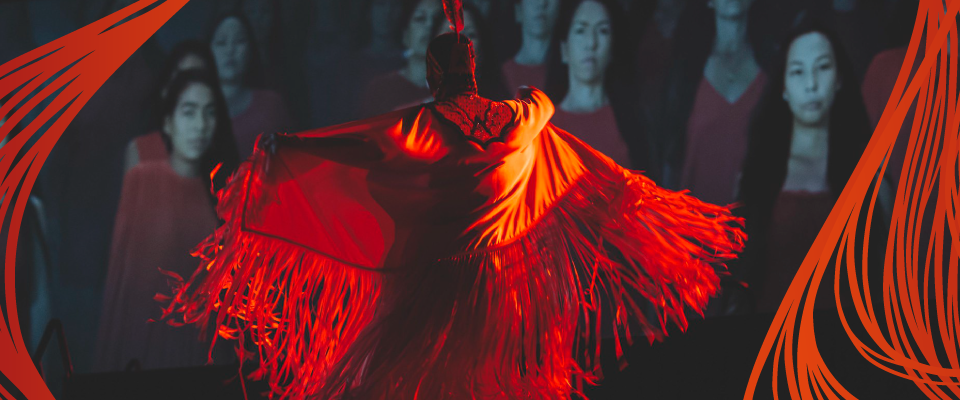
October 1, 2021
During talks with Treasury Board September 27-29, the common issues team focused on improvements to equity and remote work measures for more than 120,000 federal public service workers.
Throughout this round of bargaining, PSAC aims to negotiate fair collective agreements that recognize the way the pandemic has radically changed work in the federal public service. We’ll continue to focus on the issues that matter most to PSAC members – remote work, technological changes, job security in an uncertain economy, work-life balance and the effects of major inequalities for marginalized groups.
In this session, the bargaining team focused on:
- Remote work: To ensure members are treated fairly, provisions governing remote work must become part of the collective agreement. PSAC is proposing measures to ensure accessibility, safety, and flexibility for members seeking remote work arrangements.
- Right to disconnect: Despite the advantages of remote work for many members, it can lead to social isolation, as well as making it harder to “turn off” at the end of the workday, which can increase stress and anxiety. PSAC is negotiating for employees to shut off work-related communications outside of normal hours of work, and will not face discipline or reprisals in exercising this right.
- Training on Indigenous issues: In response to the Truth and Reconciliation Commission’s 57th Call to Action, the union is proposing comprehensive education on Indigenous issues for public service workers. In line with the Commission’s recommendation, this would cover the “history and legacy of residential schools, the United Nations Declaration on the Rights of Indigenous Peoples, Treaties and Aboriginal rights, Indigenous law, and Aboriginal–Crown relations.”
- Leave for traditional Indigenous practices: As part of the ongoing reconciliation process, PSAC proposed new specific leave for Indigenous members to pursue traditional cultural practices. This includes paid time off for hunting, fishing and harvesting, among other traditions.
- The common issues team returns to the table November 2-4.
PSAC is committed to pushing for a fair deal that addresses the issues raised by members at the National Bargaining Conference, and rejecting any concessionary proposals from the employer.
Show your support
Meet your bargaining team, learn why they got involved in this round of negotiations and show your support with our bargaining graphics:
Stay in touch
Please be sure to keep your contact information up to date via the member portal to receive all the latest updates as we negotiate your next contract.








